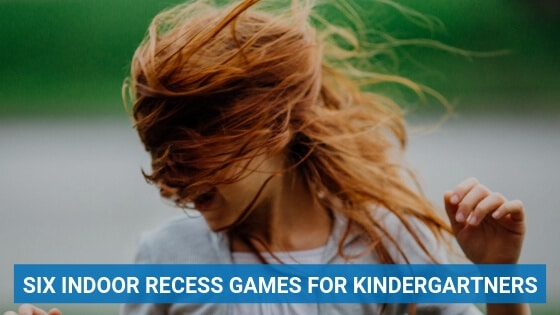When we look at those sweet, sleepy little bundles of joy, it can be easy to forget how hard their little brains are working every single day. As parents, we can assist their brains in developing and forming new connections by providing simple, intentional, daily enrichment activities for them. Here are 6 engaging activities for your infant.
1. Talk, Talk, Talk
One of the most important things your baby’s brain is doing in the first few years of life is developing its language center. Because your baby can’t talk back to you, it might feel awkward to talk to her, but do it anyway! She will be fascinated by the sound of your voice, and her little brain will be beginning to understand how words are formed and communicated.
Keep up a running commentary as you fold laundry, go grocery shopping, and give her a bath. Make eye contact as you talk to her, and be expressive. She will love watching your face and will probably try to respond with her own coos and gurgles. When she does, be sure to be a polite listener and respond with your own comments and questions. This is how she will learn how conversations work.
2. Take a Walk
Fresh air is just as good for babies as it is for kids and adults, and your infant will love to see the great big world outside his front door. So strap him into a stroller or wear him in a carrier or sling and go exploring! Let him touch the rough bark of a tree or feel the smoothness of a rock. Stop and watch squirrels and birds as they scurry about. He will be fascinated by all there is to see.
3. Floor Time
It’s tempting to want to hold baby all the time when she’s so little and cute and cuddly, but she has some important muscle development to do that can only happen outside of mom and dad’s arms. Spread a clean blanket on the floor and lay her on her back. You may want to give her something to look at, like a mobile or hanging toys, or you can just place her near a window where she can watch trees, clouds, and birds outside. Give her some time to wiggle her little arms and legs freely and just observe the world around her.
Be sure to give her some time on her tummy as well as her back, and place a few small soft toys nearby. This will encourage her to lift her head to see them, and to reach for them, helping her develop those arm and neck muscles.
4. Sing a Song
Music is a wonderful way to learn at any age, and infants are no different. You don’t even have to be able to carry a tune to sing to your baby, and you don’t need a huge repertoire of song selections, either. A few old favorites like, “Row, Row, Row Your Boat,” “Twinkle, Twinkle, Little Star,” and “Mary Had a Little Lamb” will do just fine. Have fun, make up some motions to go along with the music, or clap your hands to the beat and your little one will be thrilled.
5. Touch, Feel, and Taste
Everyone knows how much babies love to put things into their mouths, but it’s also important to remember that in the early years they use their sense of touch and taste to learn about the world around them. So gather up a variety of safe and clean items with different textures and let baby explore. Give him a t-shirt, a metal spoon, a stuffed toy, a large rubber ball, or a big plastic block. Let him explore them one at a time, and if he seems particularly interested in any of them, let him explore them more.
6. Read a Book
So many parents put off reading to their child until they are toddlers or older, but infants can benefit from starting a reading habit early on as well. Choose some sturdy, colorful board books and let your baby explore them by holding them, opening them, and closing them. Talk about the pictures and point to things in the book and say their names. Don’t expect to read the story all the way through- be patient and let your child direct the process and explore the book at her own pace. Eventually, her attention span will increase and she will enjoy listening to the whole story.
More Tips:
– Safety first! Always supervise infants during floor time, and never give them anything small enough to fit inside their mouths. When going outside, dress baby for the weather and apply sunscreen if necessary.
– Watch for signs of overstimulation- with any activity, even ones as simple as watching the clouds go by, baby can get overstimulated. As soon as he shows signs of tiredness or fussiness, start winding down the activity to something less stimulating to help him prepare for his nap. This will make the transition to sleep much easier.


